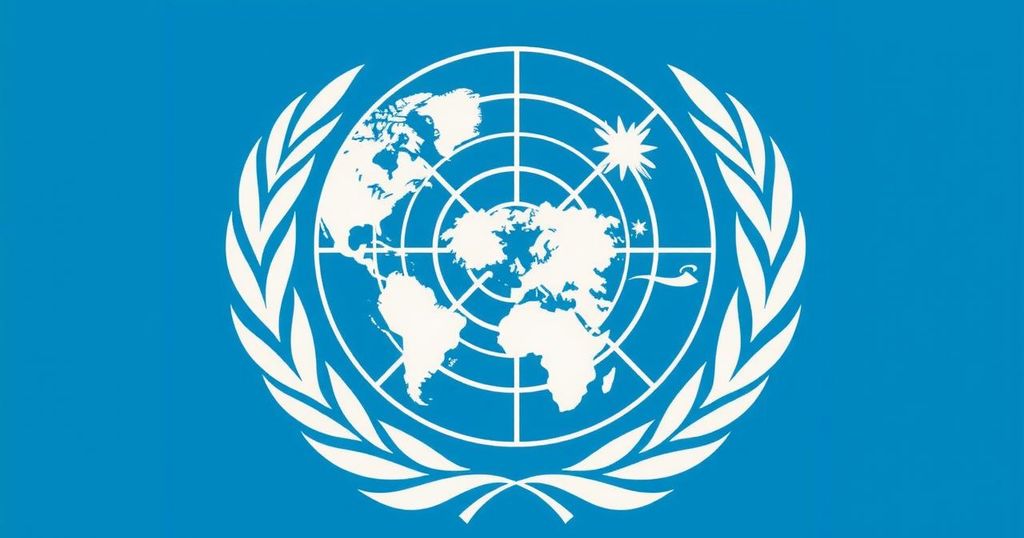COP29 resulted in a pledge to increase climate aid from $100 billion to $300 billion by 2035; however, experts claim this is insufficient relative to the estimated $5.8 trillion needed by developing countries by 2030. The extended negotiations concluded amidst criticisms regarding inadequate support and highlighted the urgent need for a more comprehensive response to the global climate crisis.
At COP29 in Baku, developed nations pledged to increase climate financing for developing countries from the current $100 billion annually to $300 billion by 2035. However, this increase is significantly below the estimated need of $5.8 trillion by 2030 as reported by the United Nations Framework Convention on Climate Change. The lengthy negotiations, which concluded in the early hours of Sunday after a delay, showcased the mounting frustrations and challenges faced by all parties involved, especially those from vulnerable nations that feel coerced into accepting insufficient aid. Despite the increase, experts have asserted that the funding is still inadequate to confront the escalating climate crisis.
UNFCCC Secretary-General Simon Stiell described the new financing goal as crucial “insurance for humanity” but warned that it only functions effectively if the commitments are honored. Many experts highlighted that the result of COP29 simply evaded what could have been a diplomatic disaster, with calls for a more robust and expedited financial commitment, particularly emphasizing that the climate crisis necessitates an urgent and transformative global response.
The conference saw frustration from developing nations and civil society representatives, who expressed that the promised funding is insufficient to address the severity of climate impacts. Critics pointed to the United States’ role in these negotiations as indicative of a broader problem regarding climate justice and equitable support for those disproportionately affected by climate change. In light of recent extreme weather events further emphasizing the urgency for aid, voices from the community underscored the need for immediate and effective action that responds adequately to the environmental crises at hand, reflecting a collective imperative to reassess priorities at a global level.
Despite the lack of substantial commitments, the conference concluded with a recognition of the urgency needed to transition toward renewable energy and lessen dependency on fossil fuels. Stakeholders now call for a reevaluation of global economic practices and a commitment to mitigate the dire consequences faced by vulnerable communities due to climate change.
The Conference of the Parties (COP) is an annual meeting under the United Nations Framework Convention on Climate Change (UNFCCC) that addresses global responses to climate change. The latest conference, COP29, revealed stark discrepancies between the financial commitments made by developed nations and the needs identified by developing countries. A pressing report indicated substantial financial requirements for adaptation efforts to climate change, sparking criticism on the adequacy of the pledges from wealthier nations, particularly in the context of increasing environmental degradation.
In conclusion, the commitments made at COP29 signify a troubling gap between what is pledged and the actual needs of developing nations to combat climate change. While an increase from $100 billion to $300 billion in climate financing is a step forward, it is glaringly insufficient against an estimated demand of $5.8 trillion. The continued insistence on inadequate funding raises urgent calls for reevaluation of international climate finance strategies, urging for immediate, substantial, and equitable support to mitigate the effects of climate change on the most vulnerable populations.
Original Source: e360.yale.edu






